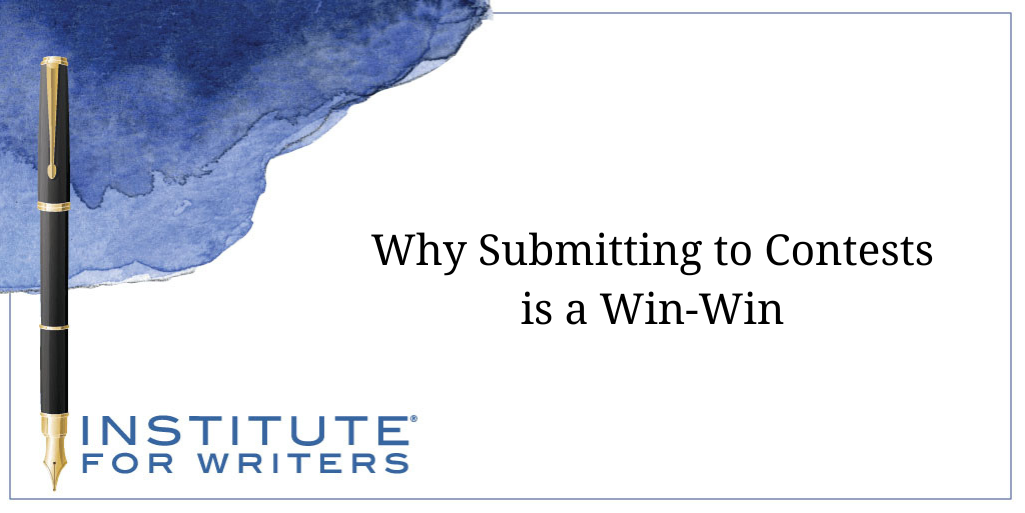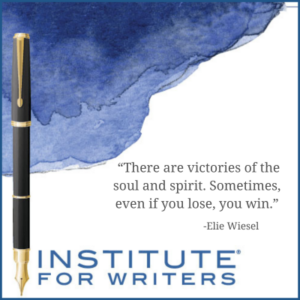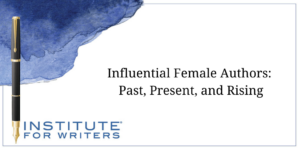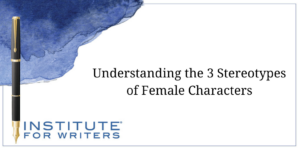
The Layers of Revision
To many, writing is revision, and most writers revise their manuscripts numerous times before they’ve shaped it into the best version that it can be.

Should you enter a writing contest or not? It’s an intriguing opportunity. There are a ton of writing contests out there. Google “writing contests” and your screen will be filled all kinds of writing competitions in all sorts of genres including short story, flash fiction, memoir, mysteries, poetry, romance, science fiction, and many more. 
The catch is—is it worth paying the entry fee (not all contests have entry fees) for the chance of winning a prize? Theoretically, you could pay a boatload of entry fees and not win anything. But if your writing rises to the top of who-knows-how-many entries, you just might win a prize that soars to thousands of dollars.
Hmmm. Decisions, decisions!
Many years ago, after I’d been writing for a while, I saw an advertisement for Byline magazine’s “Advice for Beginning Writers” contest. I’d never entered a writing contest before, but the title immediately caught my attention since it wasn’t long ago that I’d been a beginning writer and I knew I had something to say. As I sat down at the keyboard, the words seemed to tumble onto the page into what became my entry, “Confessions from the Gene Pool.” With the deadline looming, I worked on it for a couple days, then sent it out. Of course, the question was—would it stand out from all the other entries? I had no idea, but I thought it had a good chance. Weeks later, I was delighted when the editor notified me that I’d won. Wow! The cash prize was $40. It wasn’t much, but the encouraging victory was priceless.
Should you enter writing contests whether you win or not? Yes, and here are the reasons why:
All writing contests have deadlines. You either make the deadline or you don’t. Writing to meet a deadline creates motivation and drive. If you’re going to enter, you’d better get writing. Manuscripts don’t write themselves and you’ll want time to think, revise, and polish. As the deadline approaches, you have to hit the keyboard and make it happen.
The good news is, deadlines aren’t just for contests. They’re an important part of publishing as well. Editors meet deadlines all the time and plan publications months in advance. Some magazines have theme lists with set deadlines so they can publish themed material in a timely manner. Entering contests is a great way to develop your deadline-meeting skills and become a valuable and successful member of the writing community.
 All writing contests have rules. They include word count limits, adhering to a theme, rules regarding what is acceptable or not, such as violence or derogatory, sexist, or racist language, and formatting standards. As you might imagine, these types of rules aren’t limited to contests. Publishers have them too. Authors who want to succeed will study a publisher’s guidelines carefully and adhere to each requirement.
All writing contests have rules. They include word count limits, adhering to a theme, rules regarding what is acceptable or not, such as violence or derogatory, sexist, or racist language, and formatting standards. As you might imagine, these types of rules aren’t limited to contests. Publishers have them too. Authors who want to succeed will study a publisher’s guidelines carefully and adhere to each requirement.
I’ve judged many contests over the years, and I’m always surprised when entrants let themselves down by failing to meet the basic requirements, such as going over the word count limit, missing the theme, or submitting their document file in an unacceptable format. When these types of errors occur, it might seem like contests officials should have a little flexibility, show a little understanding, and make exceptions—but they don’t. Paying attention to details is not only important for contests, it’s important for writing and publishing too.
All writing contests have themes too. When you enter a contest, it’s a great opportunity to explore writing about topics or themes that you hadn’t considered before. A brief search online revealed writing contests with themes such as hardships in love, identity in a new land, irrational fears, family relationships, friendship, coming of age, grief, romantic comedy, and even bizarre settings. Or, as I encountered many years ago, advice for beginning writers.
Editors work with themes as well. If an editor requests a manuscript on a specific theme, your time writing for contest themes will be a familiar challenge that you’ll tackle with confidence. There’s nothing like a unique theme to get the mental juices flowing in new directions whether it’s for a contest, a publisher, or for your own writing goals.

And—you guessed it! All writing contests have judges too. Instead of simply wondering whether your literary masterpiece is a winner or not, take a moment and imagine that you are the judge who’ll be reading hundreds of manuscripts, one after the other. Not all at once of course. But you get the picture. When you imagine the contest from the judge’s point of view, you may see your manuscript in a new light. Does your manuscript open with a brilliant first line? Will it grab their attention and make them want to read more? That’s the challenge. Entering a writing contest is a great reminder that judges, just like editors, are looking for outstanding manuscripts from the very first line. How does your manuscript measure up?
So, should you enter writing contests? Yes! Whether you win a prize or not, meeting deadlines, following rules, exploring themes, and taking a moment to put yourself in the judge’s or editor’s seat are all practices that will propel you towards writing success.
A definite win-win.
Ever since Lori Mortensen completed ICL’s Writing for Children and Teens course and chased her writing goal, she’s sold more than 100 children’s books and over 500 stories and articles. Reviewers have praised her books as “stellar” “as good as it gets” and “begs to be read aloud and includes such notable publishers as HarperCollins, Henry Holt, Abrams, Bloomsbury, and Peachtree. When she’s not out on a morning hike, willing her sourdough to rise, or putting her nose in a mystery, she’s tapping away at her keyboard, conjuring, coaxing, and prodding her latest stories to life. She’s been an ICL instructor for almost 20 years.

To many, writing is revision, and most writers revise their manuscripts numerous times before they’ve shaped it into the best version that it can be.

We’re going to look at influential female authors of the past, those impacting the present, and whom the industry expects to make a big splash.

This week, we’re focusing on how we as writers can create strong female characters that others will look up to, instead of harmful stereotypes.
1000 N. West Street #1200, Wilmington, DE 19801
© 2024 Direct Learning Systems, Inc. All rights reserved.

1000 N. West Street #1200, Wilmington, DE 19801
© 2025 Direct Learning Systems, Inc. All rights reserved.

1000 N. West Street #1200, Wilmington, DE 19801
©2025 Direct Learning Systems, Inc. All rights reserved. Privacy Policy.